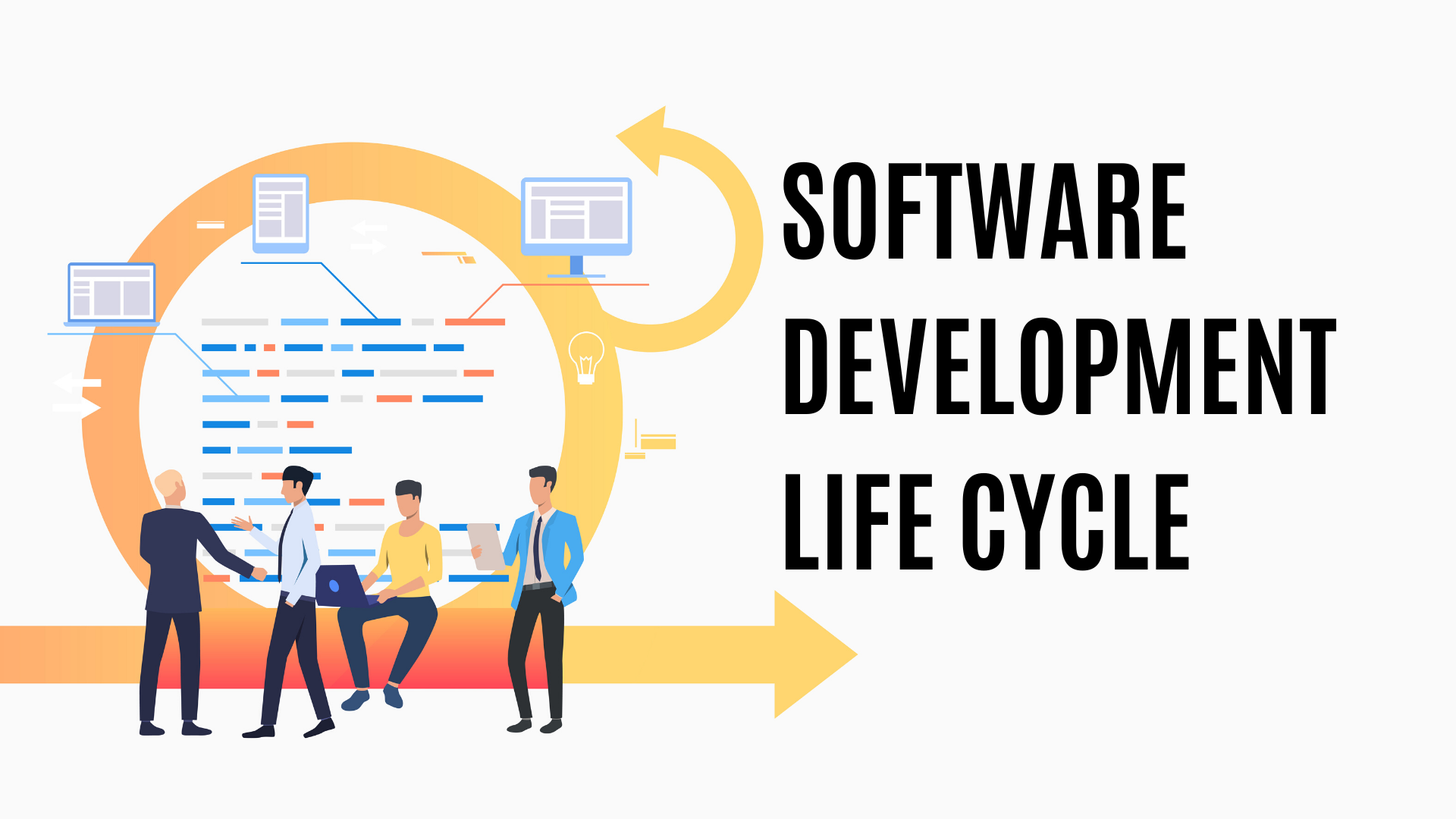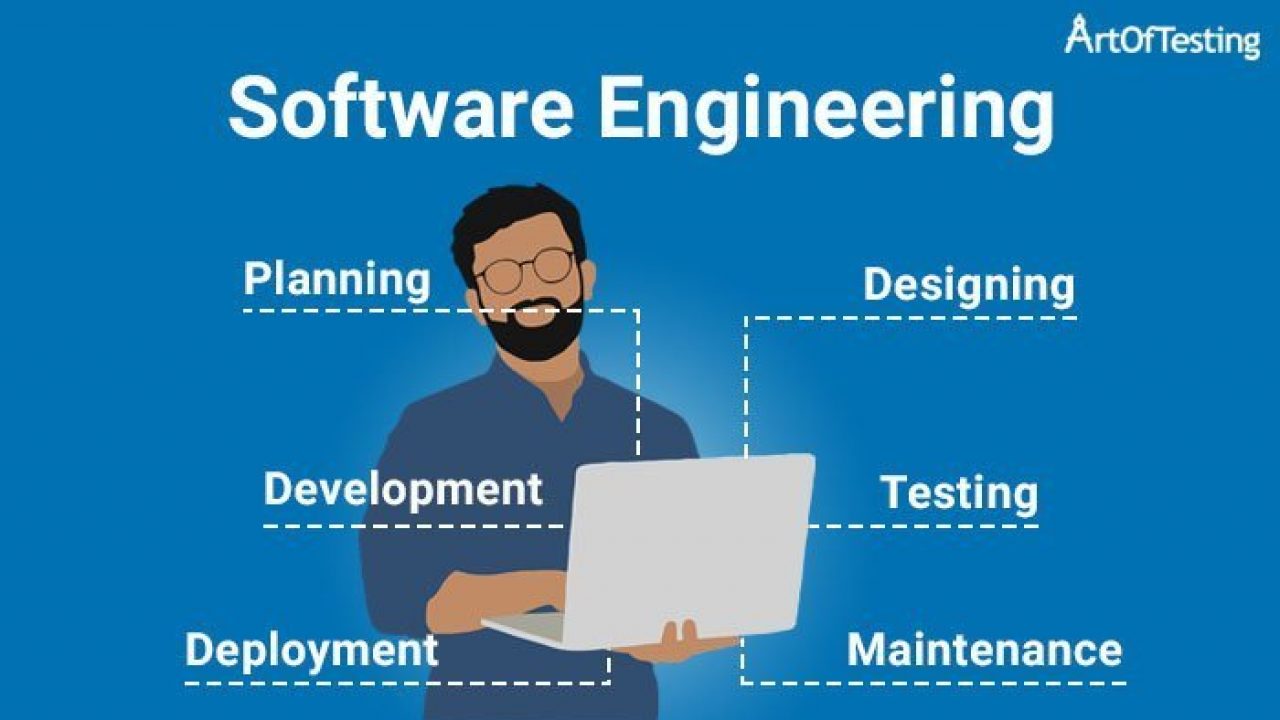What is software engineering?
You can’t go far without using the software. From the alarm that wakes you up, the car you drive to work in, to the laptop you use when you arrive, it’s almost impossible to avoid. Not that you’d want to, because software is an integral part of almost every device that makes your daily life easier. Mobile phones, computers, home appliances, public transportation, and emergency services all rely on intelligent software to make the most of their technology.
As a software engineer, you’ll be the one designing it. Applying your technical skills to the invention and innovation of software, along with the development, maintenance, and management of it, you’ll be able to use your love for technology to make a difference in the world. And you’ll make good money while doing it.
Software engineering course entry requirements
Computing and IT are the most important subjects to study, but other technical subjects like physics and design technology may also be useful. What you’re really looking to show is your attention to detail, technical curiosity, and natural talent with numbers and programs.
A good software engineer is diligent and analytical, able to troubleshoot and solve problems on the spot. These are the kind of attributes you’ll want to show in your personal statement, especially as many software engineering degrees will involve an interview.
What’s the difference between a software engineer and a programmer?
Programming graduates will often go into roles where they’re solely responsible for designing and developing software. In contrast, software engineers are often more specialized and work on larger teams, on larger projects. Software engineer roles have largely come about as a result of companies like Facebook, Apple, and Google.
Why study software engineering at university?
While programming has been a popular subject for a long time, software engineering is a relatively new skill in universities. But that doesn’t mean that it’s not in-demand by employers, it’s quite the opposite. Software engineers will graduate into a marketplace that desperately needs them. The explosion of big data, apps, and smartphones has meant that the uniquely talented software engineer is going to be highly sought after in any business with technology at its heart.
Even if you choose to pursue a career outside of software engineering, the skills you collect during your degree will give you a great chance at entering other sectors. The booming IT industry, cyber security market, and artificial intelligence movement are always in need of talented computing specialists. You’ll fit the bill in all of these roles, so expect to be in demand by tech and retail giants, not to mention governments and the military.
Some modules you may study are:
Virtualization and cloud computing
Programming languages
Core computing concepts
Ethical hacking
Application and web development
Algorithms and modeling
Networking and operating systems
Systems environments
What’s the difference between a software engineer and a developer?
Engineering comes first. It’s about creating the development life cycle, connecting the needs of a customer with the eventual technological solution. Developers will work alongside engineers throughout, using their creativity to create the design.
See Also: Web Design VS Web Development
What can you do with a software engineering degree?
Software engineering graduates will typically go on to find employment in the following areas:
- software engineer
- software developer
- software architect
And many more options:
- IT security coordinator
- computer-aided design technician
- IT trainer
- systems analyst
- forensic computer analyst
- web editor
- technical consultant
- IT project manager
- video games developer
- mobile app developer
- computer games tester
- computer technician
What’s it like to study software engineering?
Software engineering is as dynamic and creative as it is analytical and theoretic. Hackathons and live coding events are common occurrences at many universities, as are team projects and prototyping. You’ll learn from tutors and industry experts, starting with the basics of computing and coding and then moving into more specialized areas that interest you the most. While you will have to learn various programming languages and spend a lot of time getting the theory down, most of your software engineering degree will be spent putting it into practice.
Either through special projects, work placements, or sandwich years – businesses play a big role in many software engineering courses. You’ll have the opportunity to work on real, exciting problems which will give you the chance to flex your coding muscles and prove your worth in the job market. Whether it’s a company that wants to make sure its website is secure, or a firm looking to develop an app for its new product, you’ll play your part.
With technology moving at a rate that’s almost hard to keep up with, you’ll be challenged to think about what this means for society. Is online privacy more important than safety and security? Is there a technological solution that keeps everybody happy? Could you be the one to develop it?
Software engineering undergraduates can expect the following tasks during their studies:
- writing reports and essays
- hackathons and coding competitions
- practical and creative projects
- attending lectures and seminars
- real-world projects
- hearing from industry speakers
- placements and industry experience
- project and teamwork.
Are you considering an accelerated degree? Click here to read more about the possibility of completing your undergraduate course in two years rather than three.
Apprenticeships
If you want to combine work and study while earning a salary, you could consider an apprenticeship. Which apprenticeships are available, and how you apply, depends on where you live.
Find out more about apprenticeships across the UK.
There are nearly 20 apprenticeships in the digital sector available in England, with more in development.
Each apprenticeship sets out occupational standards for specific job roles, designed by employers. The standards outline the skills, knowledge, and behaviors required to demonstrate that an apprentice is fully competent in the job role.
Higher apprenticeships (Level 4)
- Cyber intrusion analyst
- Cyber security technologist
- Data analyst
- Digital community manager
- IS business analyst
- Network engineer
- Software developer
- Software tester
- Unified communications troubleshooter
Degree apprenticeships (Levels 5 – 7)
- Cyber security technical professional (integrated degree)
- Data scientist (integrated degree)
- Digital and technology solutions professional (integrated degree)
- Digital and technology solutions specialist (integrated degree)
- Product design and development engineer (non-integrated degree)
- Project manager (degree)
See also: Software Development Life Circle

